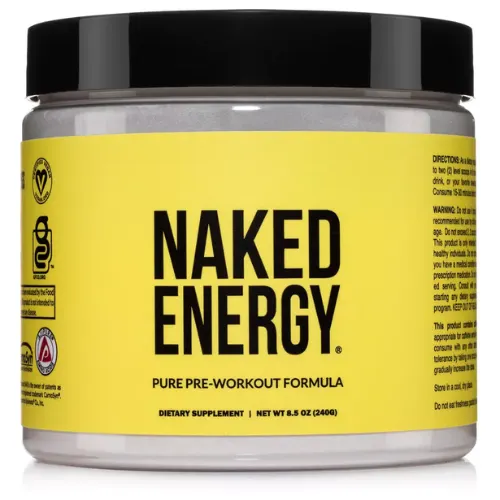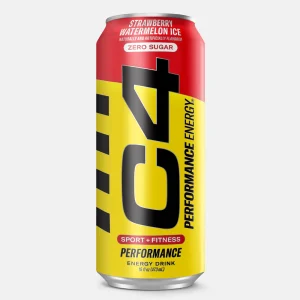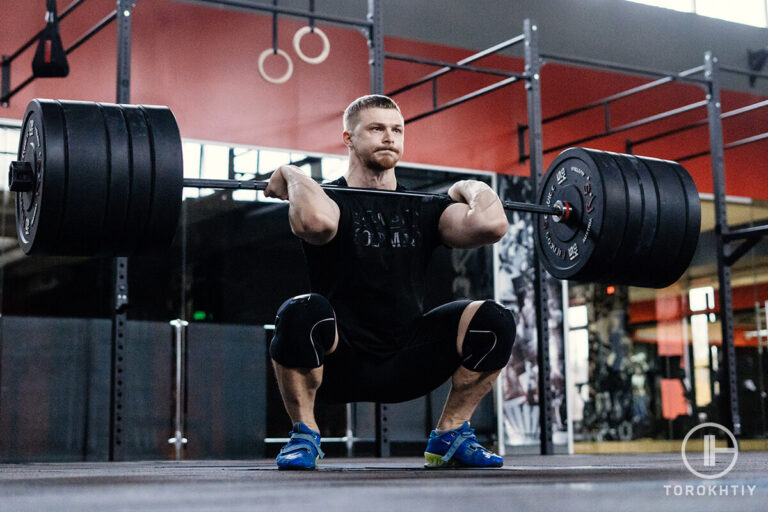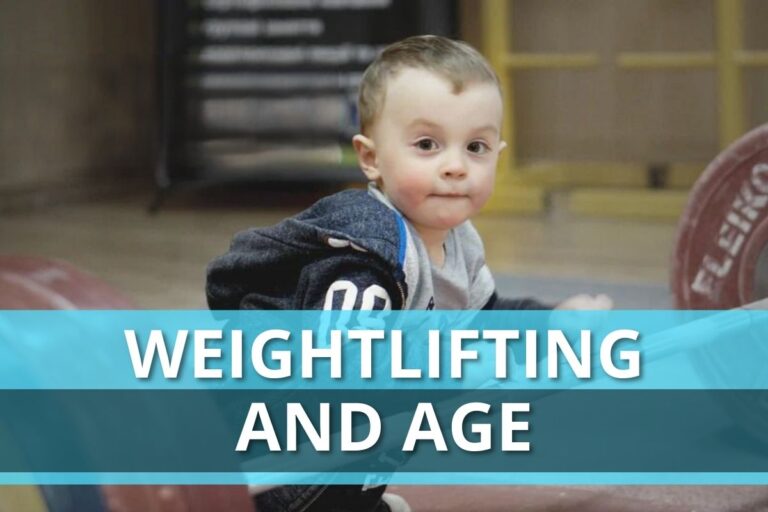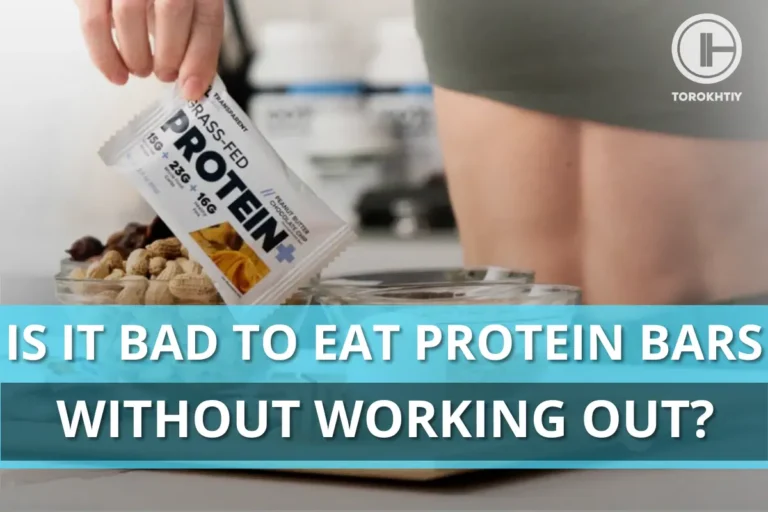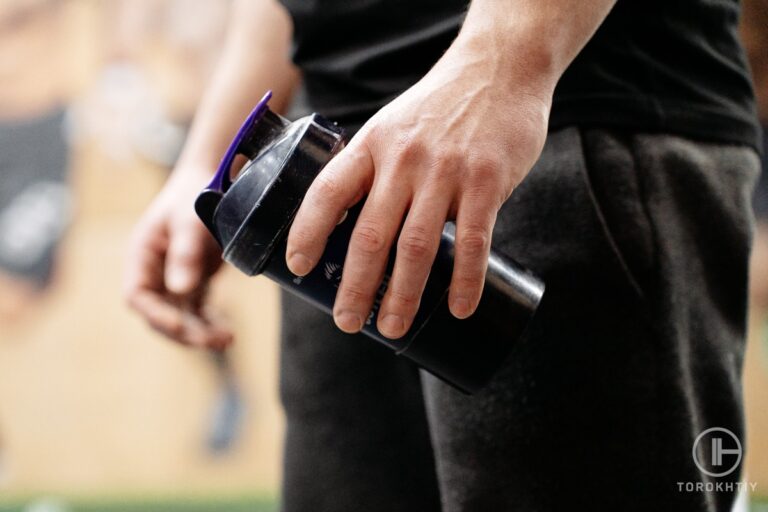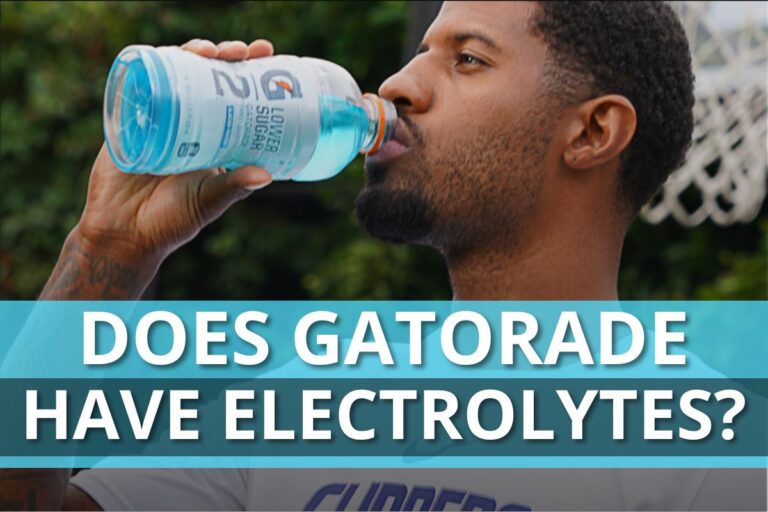Pre-Workout Vs Energy Drink: Supercharge Your Routine
In the world of fitness, there’s a lot of debate surrounding the battle of pre-workouts vs energy drinks: which is the top choice for energy enhancement? This article breaks down the benefits and drawbacks of both, helping you make an informed decision for your fitness needs.
In the pre-workout vs energy drinks discussion, both options can offer an energy surge. Yet pre-workouts are specifically designed to enhance workout performance. Energy drinks, on the other hand, are more general-purpose energy boosters.
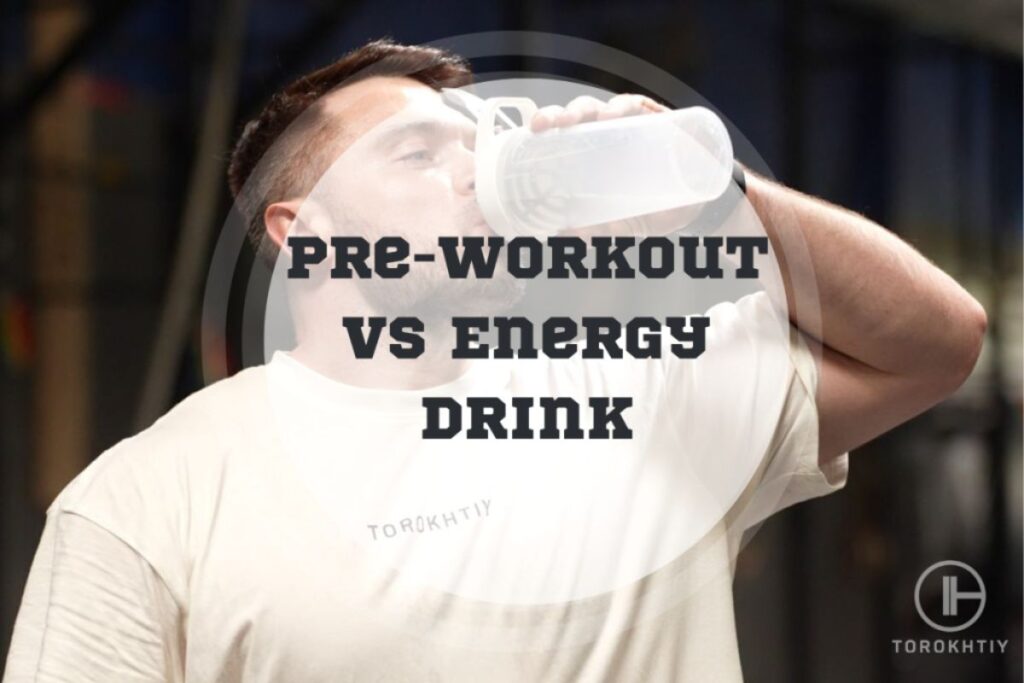
What Is Pre-Workout?
Pre-workout is a supplement made to help you perform better during exercise. It’s made with a mix of ingredients that work together to raise your energy, endurance, and focus, helping you push through tougher and longer workouts.
Common ingredients in a pre-workout include caffeine, which increases alertness and lowers the feeling of effort, and beta-alanine, an amino acid that lowers muscle fatigue during intense exercises.
Other ingredients like betaine and L-Citrulline or Citrulline Malate are included for their roles in increasing creatine production and the level of nitric oxide in the blood, both of which can help you do more repetitions before getting tired. Creatine, a natural compound in our bodies, is also often found in pre-workouts, as it helps in the quick recovery of ATP, a key energy source for intense anaerobic exercise.
The goal of a pre-workout is to make your training better by boosting your energy, sharpening your focus, and fighting off fatigue. It’s typically taken 20-30 minutes before a workout to give the ingredients time to start working.
The listed components of pre-workout complexes are safe in the recommended dosages. But it is worth considering that caffeine can be very high in some supplements, which can cause adverse reactions (tremors, nervousness, loss of sleep). For those sensitive to caffeine, there are also non-stimulant pre-workout supplements that can still enhance performance in a workout.
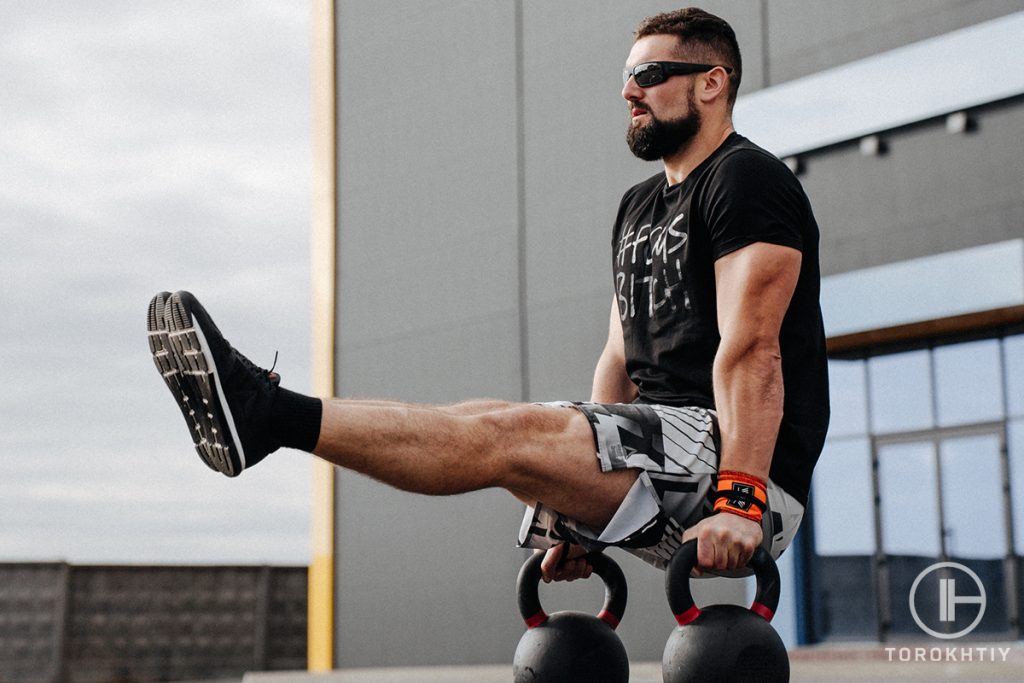
What Is An Energy Drink?
When it comes to fitness, an energy drink is a beverage you drink for a quick energy boost. Unlike pre-workouts, energy drinks are not made specifically for exercise. They are often drunk for various reasons, such as staying awake, boosting alertness, or just enjoying the taste.
Energy drinks often contain high levels of caffeine and sugar, along with a slight concentration of other ingredients like taurine and B vitamins – mostly included for marketing purposes. The caffeine in energy drinks can wake up the central nervous system, improving alertness and lowering the feeling of tiredness.
However, the high sugar content can lead to a quick energy spike followed by a crash, which is not ideal for maintaining energy during a workout. Sugar-free energy drinks are a better option you can reach to. They provide a caffeine boost without sugar, giving you more steady energy. But they still have a lot of caffeine, so drinking them in moderation is important.
While energy drinks can be a fast and easy source of energy, they may not offer the same benefits as pre-workouts when it comes to improving workout performance. Moreover, the high sugar and caffeine content can cause health problems if drunk too much. It’s important to drink energy drinks in moderation and be aware of their potential impacts on health.
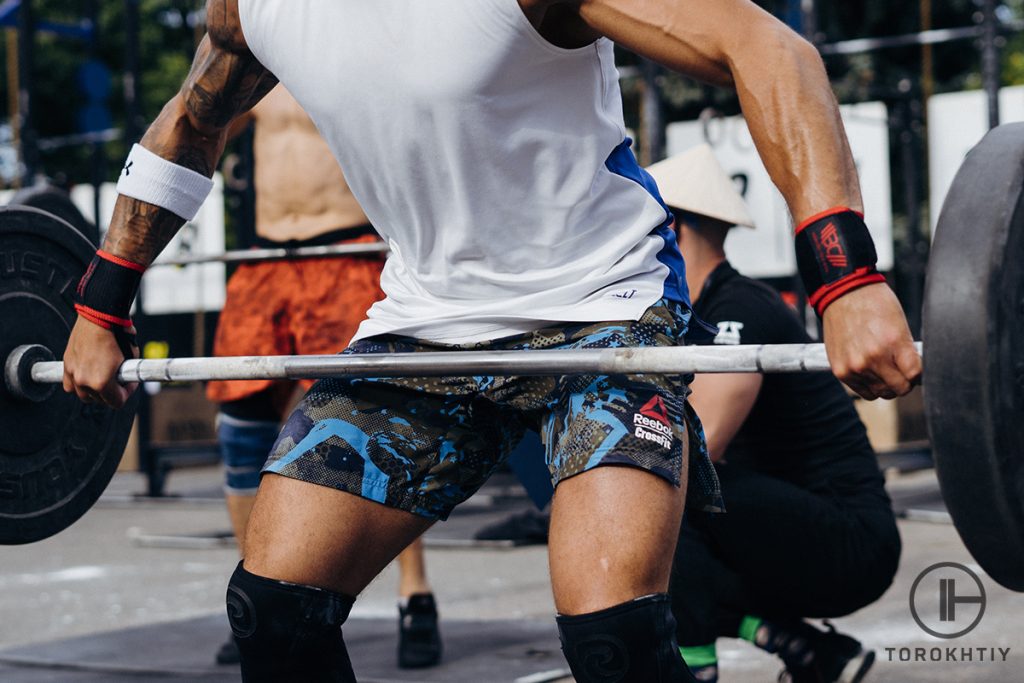
Pre-Workout Vs Energy Drink: A Detailed Comparison
When comparing pre-workout vs energy drink, it’s clear that both can provide a boost of energy. The key difference lies in their ingredients and intended use.
Pre-workout supplements are specifically designed to enhance physical and mental performance during a workout session. In addition to caffeine, which is included in most products they often contain ingredients like beta-alanine and creatine that are beneficial for workouts.
Energy drinks, on the other hand, are more general-purpose energy boosters. They can be used for a variety of situations, not just workouts. The key active ingredient is caffeine, other components such as sugar, vitamins, and nootropics differ in each formula, but usually do not contribute significantly to performance.
In terms of health, neither product is inherently “better” than the other. Both can lead to health issues if overused or used improperly. It’s important to use them responsibly and be aware of their potential side effects.
As we dive deeper into the energy drink vs pre-workout debate, it’s clear that the choice between the two isn’t black and white. It largely depends on your individual needs, preferences, and fitness goals.
1. Macro Breakdown
Pre-workouts and energy drinks differ significantly in their nutritional composition. Pre-workouts are typically low in carbs and fats, focusing instead on performance-enhancing ingredients. Energy drinks, however, often contain a high amount of sugar, contributing to their carbohydrate content.
2. Price Range
The price range for both pre-workouts and energy drinks can vary widely, depending on the brand, ingredients, and quantity. Generally, pre-workouts can be more expensive due to their specialized ingredients.
The average prices for pre-workout complexes $0.5 – $2.2 depending on their specialized ingredients. The price for energy drinks may vary $1 – $3.5 with no direct correlation between the formula and the price offered. As you can see, the price spread for energy drinks is significantly larger.
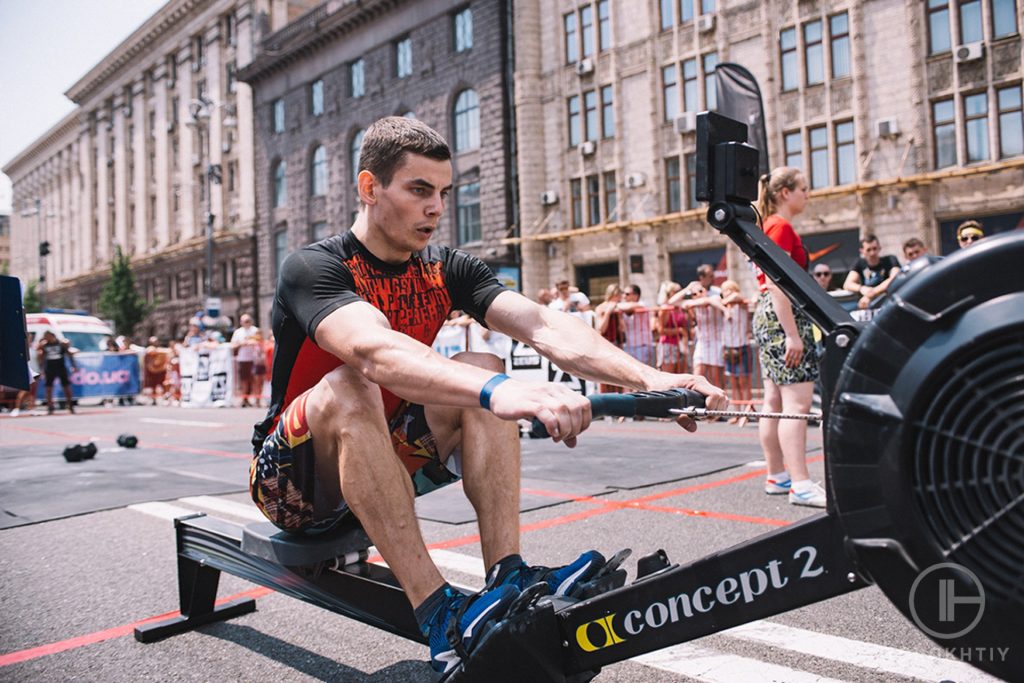
3. Caffeine Content
Both pre-workouts and energy drinks contain caffeine, which can help to increase energy and focus. However, the amount of caffeine can vary significantly.
Pre-workouts often contain a higher amount of caffeine, as it helps to enhance workout performance. But you can find pre-workouts with zero, moderate (200mg), and high (over 250mg) caffeine content.
Energy drinks can also contain high levels of caffeine, but the amount can vary depending on the brand. Popular products contain 80-200 mg of caffeine which also makes it possible to choose which dosage will induce stimulation without side effects.
For context. Most 8–ounce (oz) cups of coffee contain 80–100 milligrams (mg) of caffeine although the content can vary considerably depending on several factors, including coffee type, brewing method, and brand. For most adults, it is recommended not to exceed a dose of 400 mg of caffeine per day but for caffeine-sensitive people, even that dose may be excessive. Now you can calculate how much coffee, energy drinks, and pre-workout complexes can fit into the recommended dose.
It’s important to consider your own tolerance and sensitivity to caffeine when choosing between a pre-workout and an energy drink. And don’t forget the total daily caffeine intake from all beverages.
4. Effect On Performance
Pre-workouts are designed to enhance your performance during a workout. They contain ingredients that increase energy, endurance, and focus, allowing you to work out harder and longer. A fair amount of research has been conducted to support the effectiveness of the individual components of a pre-workout complex, but each product formula may have different effectivenesses.
Energy drinks, on the other hand, provide a quick energy boost because of high caffeine content and it can have a significant impact on athletic performance. But they don’t have the same performance-enhancing effect because they do not contain other ingredients that can reduce fatigue, improve blood flow through muscles, or promote muscle strength.
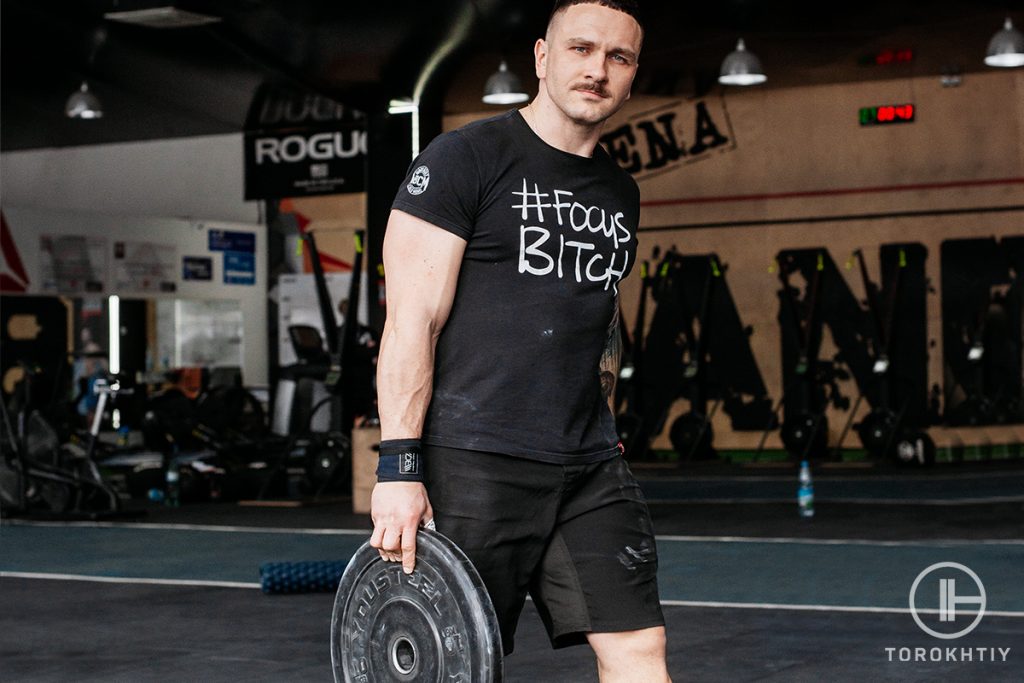
Pre-Workout Vs Energy Drink: Summary
When it comes to the difference between pre-workout and energy drinks, it’s important to consider the pros and cons of each.
1. Pros/Cons Of Energy Drinks
Energy drinks are widely available and come in a variety of flavors, making them a popular choice for a quick stimulating effect. They can be consumed at any time, not just before a workout, making them versatile.
However, the cons of energy drinks are significant. They often contain high levels of sugar and caffeine, which can lead to a “crash” once their effects wear off. Regular consumption can lead to health issues like heart problems, nervousness, and insomnia. Plus, they’re not specifically designed for workouts, so they may not provide the same performance benefits as pre-workouts.
Positives:
- Quick and easy stimulating effect
- Widely available and convenient
- Variety of flavors
Could be better:
- High sugar content can lead to energy crashes
- Not specifically designed for workouts
- High caffeine content can lead to health issues if consumed in excess
2. Pros/Cons Of Pre-Workouts
Pre-workouts, on the other hand, are specifically designed to enhance your workout. They contain ingredients like beta-alanine and creatine, which can improve your endurance and strength. They also help with mental focus, ensuring that you’re fully present during your workout.
The cons of pre-workouts include potential side effects like a tingling sensation, upset stomach, and sleep disturbances due to their high caffeine content. They’re also typically more expensive than energy drinks.
Positives:
- Specifically designed to enhance workout performance
- Contains ingredients that support endurance, focus, and muscle recovery
- Can help you work out harder and longer
Could be better:
- Can be more expensive than energy drinks
- Some people may experience side effects like tingling or flushing from certain ingredients
- High caffeine content can lead to health issues if consumed in excess

Pre-Workout Vs Energy Drink: When To Use Each
So, when should you use a pre-workout, and when should you reach for an energy drink?
Take a pre-workout when you’re about to do a hard workout and need a boost to help you do your best. Pre-workouts are made to be taken 20-60 minutes before your workout, giving the ingredients time to start working.
On the other hand, energy drinks can be used as a general energy booster throughout the day. They’re not specific to workouts, so they can be used in many situations where you need a quick pick-me-up. However, due to their high sugar and caffeine content, it’s best to drink them in moderation.
It is most beneficial to consume both types of beverages in the morning, ensuring a gap of at least six hours before your bedtime.
So, is pre-workout better than an energy drink? Or is it the other way around? The answer depends on your personal fitness goals, dietary needs, and preferences. Both have their pros and cons, so it’s important to make a decision based on your specific needs. Always remember, moderation is key, and consult a healthcare professional if you have any concerns.
Let’s briefly summarize the key differences and potential benefits and drawbacks of these supplements:
| Nutrition | Price Range per Serving | Caffeine Content | Special Ingredients | Effect on Performance | Side Effect Risks | When to Use |
|---|---|---|---|---|---|---|
| Pre-workout | $0.5 – $2.2 | Zero, moderate (200mg), high (over 250mg) | Beta-Alanine, Betaine, L-Citrulline, Creatine, BCAA etc | Focus, Training Volume, Pumping, Muscular Strength, Endurance, Reducing Fatigue | Moderate, easy to manage (e.g. non-stim options) | 20-60 min before work |
| Energy Drink | $1 – $3.55 | 60-400 mg per portion | Vitamins, nootropics | Focus, Reducing Fatigue | Moderate, Depends on the caffeine content | Anytime |
For those interested in trying a pre-workout, we recommend the Naked Nutrition Pre-Workout Powder. This pre-workout is designed to enhance both physical and mental performance, helping you get the most out of your workouts. It contains a blend of performance-enhancing ingredients like beta-alanine, creatine, and caffeine, all without any unnecessary fillers or additives. Plus, it’s naturally flavored, making it a great choice for those looking to avoid artificial ingredients.
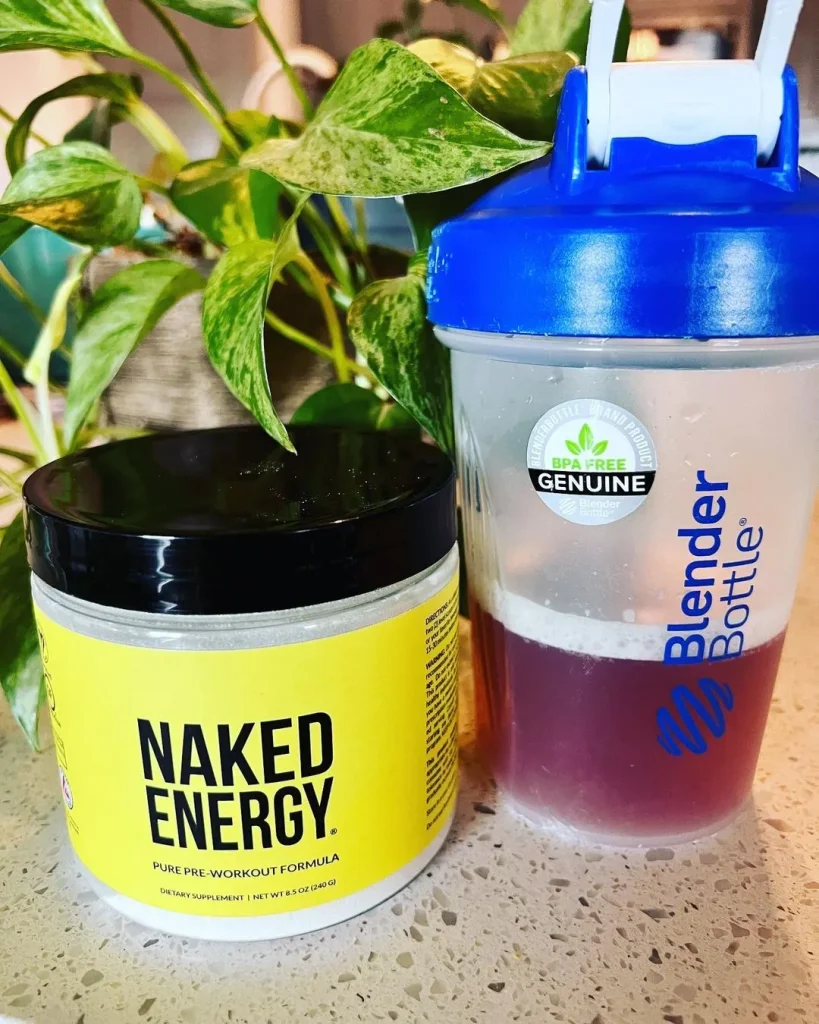
If you’re in the market for an energy drink, check out Cellucor C4 Original Carbonated. This energy drink provides a quick and easy source of energy, perfect for those times when you need a boost. It’s packed with ingredients like caffeine and taurine to help increase your energy and focus. It is also sugar-free and calorie-free. Plus, it’s carbonated for a refreshing taste.
Mixing Pre-Workout With Energy Drink
One question that often comes up is whether you can have an energy drink and pre-workout the same day.
Energy drinks before a workout might seem like a quick fix for an energy boost. However, they lack the workout-specific benefits of pre-workouts and their high caffeine content can cause jitteriness and increased heart rate.
On the other hand, mixing pre-workout with an energy drink is generally not recommended. Both contain high levels of caffeine, and excessive consumption can lead to heart palpitations, high blood pressure, and sleep disturbances. It’s advisable to choose one or the other for optimal workout performance or opt for a caffeine-free pre-workout complex if you want to mix it with an energy drink.
FAQ
Is Pre-Workout Better Than Energy Drinks?
Yes, for fitness enthusiasts, pre-workouts are generally better than energy drinks. They are specifically designed to enhance workout performance with ingredients that support endurance, focus, and muscle recovery.
Can You Take Pre-Workout As An Energy Drink?
While you can use a pre-workout instead of energy drink, it’s important to remember that pre-workouts are specifically designed to enhance workout performance,sometimes contain very high levels of caffeine and are often more expensive.
Conclusion
n the debate of pre-workout vs energy drinks, pre-workouts come out on top for those looking to enhance their workout performance. They are specifically designed with ingredients that support endurance, focus, and muscle recovery. Energy drinks, while providing a quick energy boost, are not workout-specific and may contain high sugar levels, which can lead to energy crashes. However, it’s important to consider your own fitness goals, dietary needs, and caffeine tolerance when choosing between the two.
We hope this guide has been helpful in understanding the differences between pre-workouts and energy drinks. If you have any further questions or thoughts, please share them in the comment section below. We’d love to hear from you!
Also read:
- Best Caffeine Free Pre-Workout
- Best Thermogenic Pre-Workout
- Best Pre-Workout Without Creatine
- Best Pre-Workout for Weight Loss
- Does Pre-Workout Make You Gain Weight
- Best Pre Workout for Pump and Energy
- Best C4 Pre Workout Flavor
- Best Clean Pre Workout Powder
- Best Pre Workout for Runners
- Strongest Pre Workout
References:
- J Int Soc Sports Nutr, The effect of acute pre-workout supplementation on power and strength performance (NCBI, 2016 Jul 16) https://www.ncbi.nlm.nih.gov/pmc/articles/PMC4947244/
- Nanci S Guest, International society of sports nutrition position stand: caffeine and exercise performance (NCBI, 2021 Jan 2) https://pubmed.ncbi.nlm.nih.gov/33388079/
- Eric T Trexler, International society of sports nutrition position stand: Beta-Alanine (NCBI, 2015 Jul 15) https://pubmed.ncbi.nlm.nih.gov/26175657/
- Richard B Kreider, Safety and efficacy of creatine supplementation in exercise, sport, and medicine (NCBI, 2017 Jun 13) https://pubmed.ncbi.nlm.nih.gov/28615996/
- Patrick S. Harty, Multi-ingredient pre-workout supplements, safety implications, and performance outcomes (BioMedCentral, 2018 August 08) https://jissn.biomedcentral.com/articles/10.1186/s12970-018-0247-6
- Energy Drinks (NCCIH, July 2018) https://www.nccih.nih.gov/health/energy-drinks
- Jay R Hoffman, Effect of betaine supplementation on power performance and fatigue (NCBI, 2009 Feb 27) https://www.ncbi.nlm.nih.gov/pmc/articles/PMC2651845/
- Adam M Gonzalez, Effects of Citrulline Supplementation on Exercise Performance in Humans (NCBI, 2020 May) https://pubmed.ncbi.nlm.nih.gov/31977835/
- Is decaf coffee harmful to health? (MedicalNewsToday, March 23, 2023) https://www.medicalnewstoday.com/articles/325502#summary
- Energy Drinks (Harvard EDU, July 2020) https://www.hsph.harvard.edu/nutritionsource/energy-drinks/
Why Trust Us?
With over 20 years in Olympic Weightlifting, our team does its best to provide the audience with ultimate support and meet the needs and requirements of advanced athletes and professional lifters, as well as people who strive to open new opportunities and develop their physical capabilities with us.
By trusting the recommendations of our certified experts in coaching, nutrition, dietology, and sports training programming, as well as scientific consultants, and physiotherapists, we provide you with thorough, well-considered, and scientifically proven content. All the information given in the articles concerning workout programming, separate exercises, and athletic performance, in general, is based on verified data. We ensure that you can rely on our professionals’ pieces of advice and recommendations that can be treated as personalized ones which will benefit you and fully meet your needs.
The product testing process is described in more detail here
Author: Ihor Shymechko
Pro Olympic Weightlifter, Coach
Best Results: Snatch – 208 kg,
C&J – 240 kg
Ihor has been a professional weightlifter since 1996, boasting over two decades of competition experience. His notable achievements include clinching the European Championship in 2009 and securing a silver medal in the 105kg division at the Senior World Championships in 2011. Ihor represented his country in the 2008, 2012, and 2016 Summer Olympics. After retiring from competitive weightlifting, he transitioned to coaching, leveraging his vast experience to guide athletes who now compete on both national and international stages.

